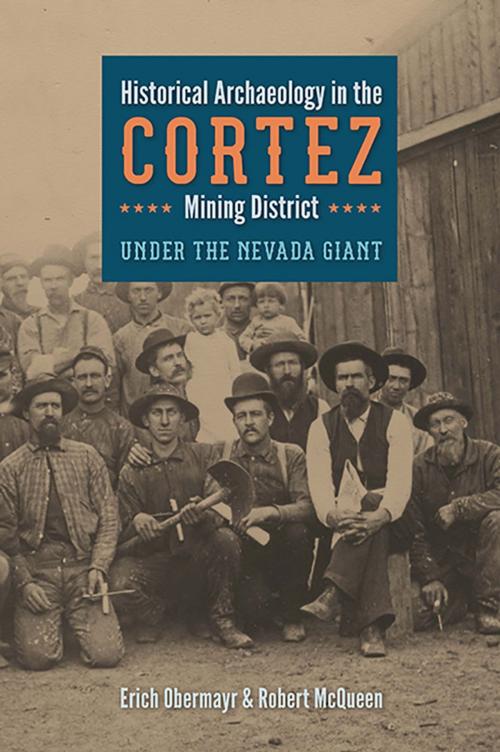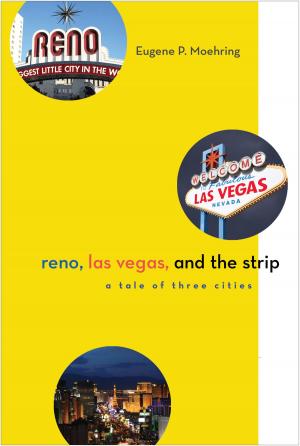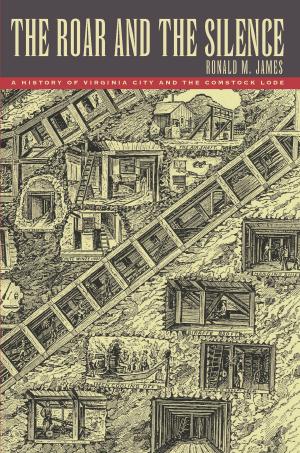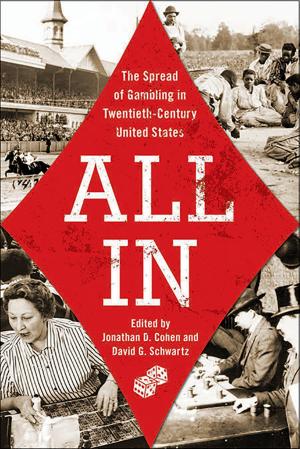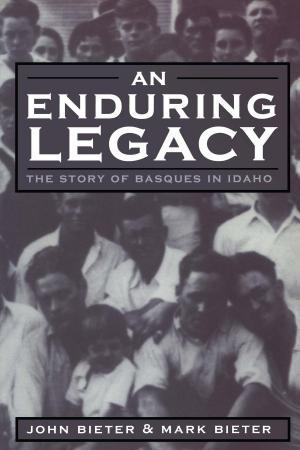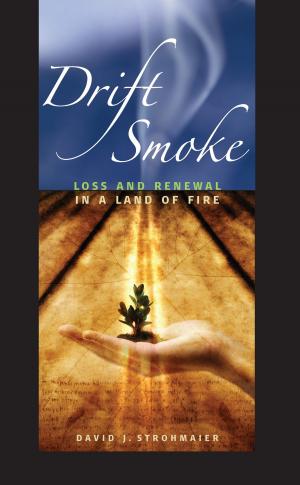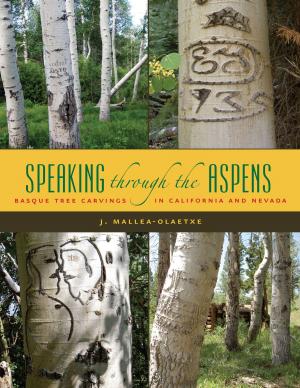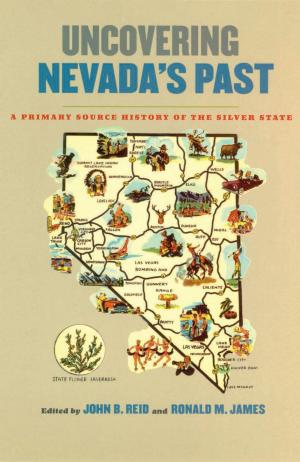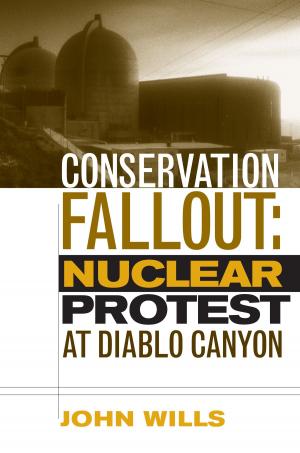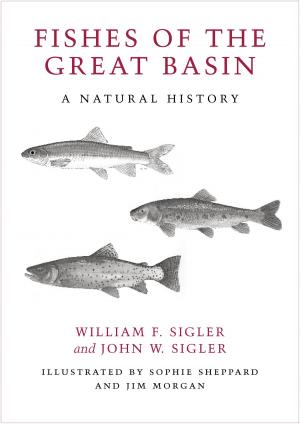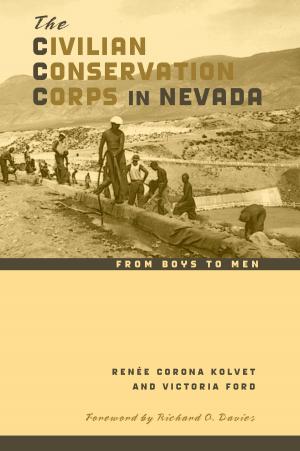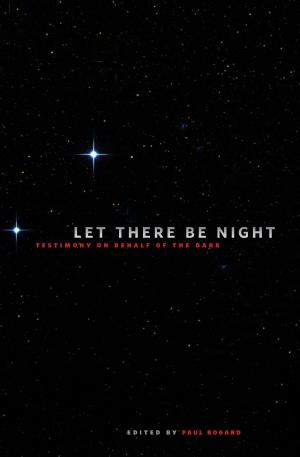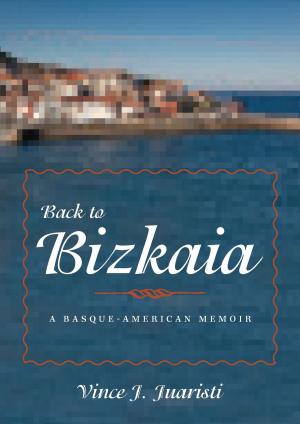Historical Archaeology in the Cortez Mining District
Under the Nevada Giant
Nonfiction, Science & Nature, Technology, Mining, Social & Cultural Studies, Social Science, Archaeology| Author: | Erich Obermayr, Robert W. McQueen | ISBN: | 9780874170023 |
| Publisher: | University of Nevada Press | Publication: | October 28, 2016 |
| Imprint: | University of Nevada Press | Language: | English |
| Author: | Erich Obermayr, Robert W. McQueen |
| ISBN: | 9780874170023 |
| Publisher: | University of Nevada Press |
| Publication: | October 28, 2016 |
| Imprint: | University of Nevada Press |
| Language: | English |
The Cortez Hills Expansion Project archaeological excavations uncovered a wealth of information about the Cortez Mining District, from its beginning in 1863 to the government-mandated end to the mining of precious metals in the district during World War II. Obermayr and McQueen use archaeological data as a foundation to tell the story of life in one of Nevada’s most intriguing, long-lived mining districts. Archaeologists excavate and analyze many thousands of artifacts, uncovering the homes and workplaces—and even trash dumps—of prospectors and miners, mill workers, charcoal burners, brickmakers, blacksmiths, teamsters, and families. They present an archaeological view of everyday life: how Cortez was populated by a variety of ethnic groups, how they lived, what products they bought or consumed, what their social status was, and how, even in this remote location, they created their own version of lives exemplifying the era’s Victorian ideals. Readers interested in the archaeology of the West, mining history, and the history of Nevada will find this book fascinating.
The Cortez Hills Expansion Project archaeological excavations uncovered a wealth of information about the Cortez Mining District, from its beginning in 1863 to the government-mandated end to the mining of precious metals in the district during World War II. Obermayr and McQueen use archaeological data as a foundation to tell the story of life in one of Nevada’s most intriguing, long-lived mining districts. Archaeologists excavate and analyze many thousands of artifacts, uncovering the homes and workplaces—and even trash dumps—of prospectors and miners, mill workers, charcoal burners, brickmakers, blacksmiths, teamsters, and families. They present an archaeological view of everyday life: how Cortez was populated by a variety of ethnic groups, how they lived, what products they bought or consumed, what their social status was, and how, even in this remote location, they created their own version of lives exemplifying the era’s Victorian ideals. Readers interested in the archaeology of the West, mining history, and the history of Nevada will find this book fascinating.
